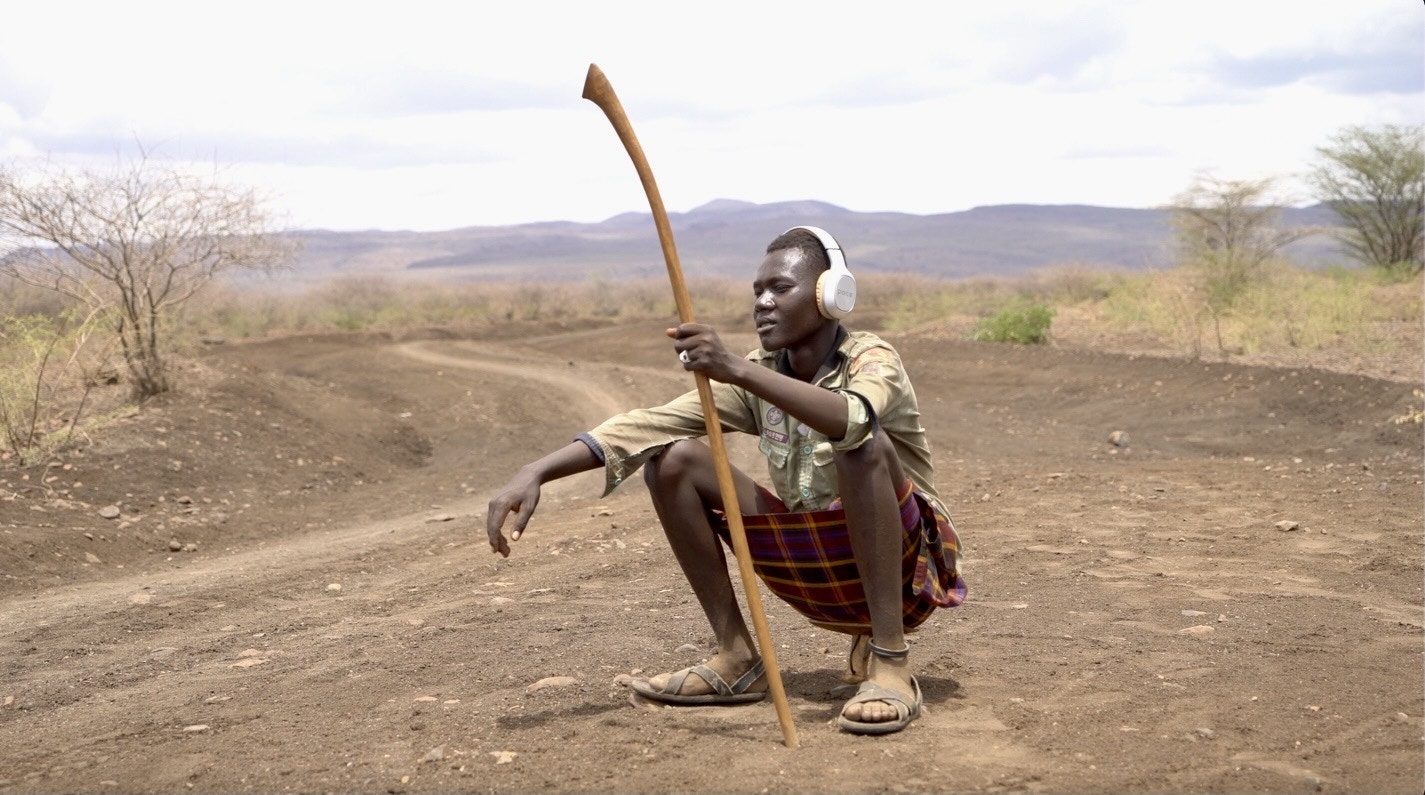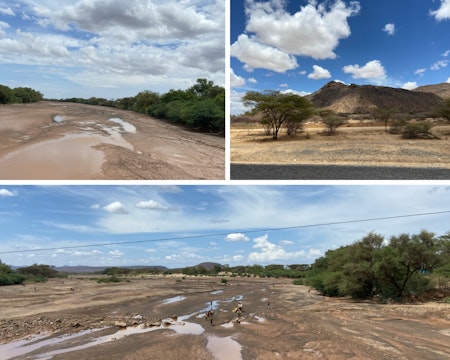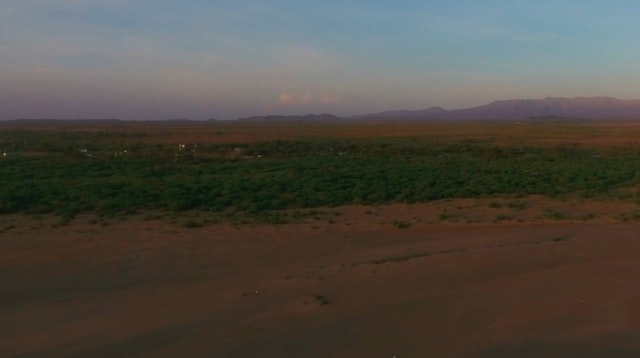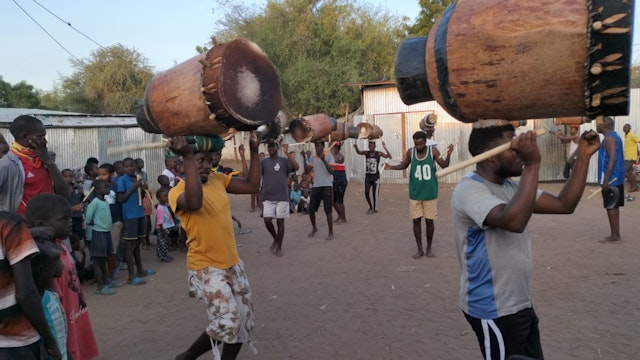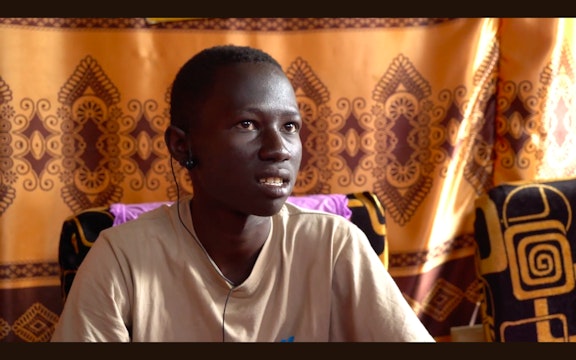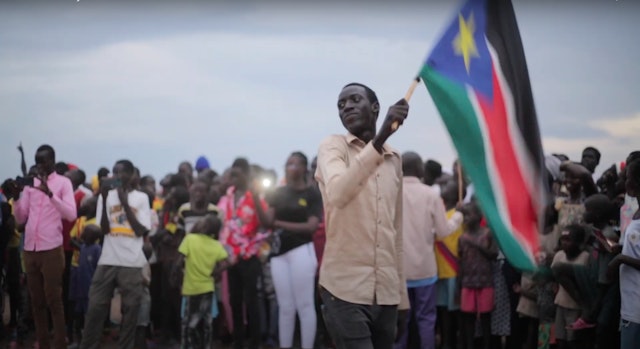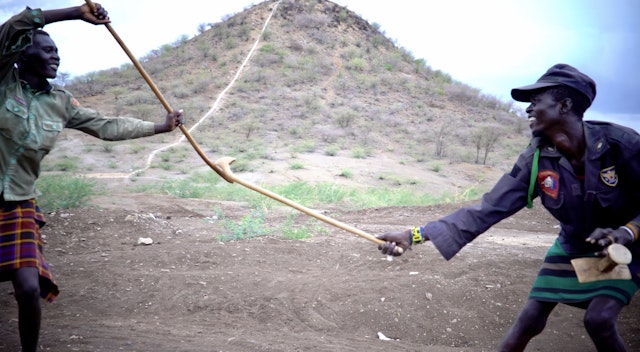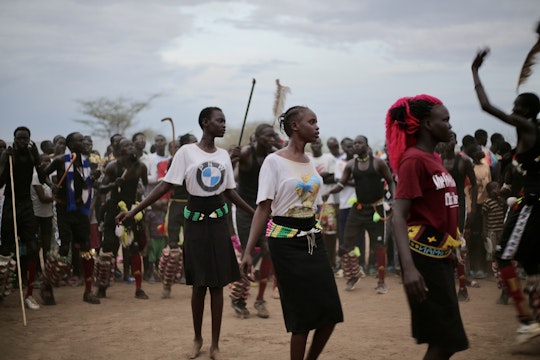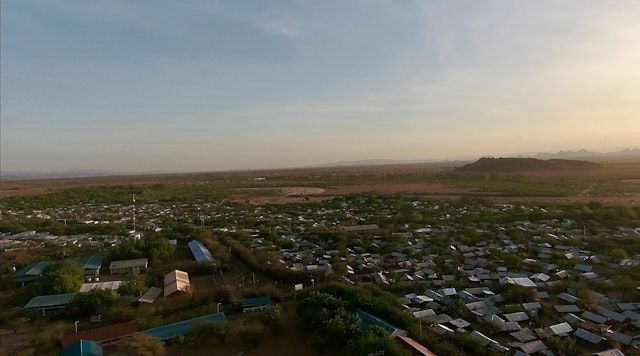The Valuable Knowledge of the Turkana People
Although the Turkana people have preserved their culture and traditions for hundreds of years and have lived in communion with the environment, they are facing the consequences of climate change and being forced to change their lifestyle when they hold virtually no responsibility for global warming
Although the Turkana people have preserved their culture and traditions for hundreds of years and have lived in communion with the environment, they are facing the consequences of climate change and being forced to change their lifestyle when they hold virtually no responsibility for global warming
The harsh living conditions and the influence of the modern world are forcing families to push the new generation to the western culture.
Since the late president of Kenya, Mwai Kibaki, launched the Free Primary Education program in 2003, millions of children in remote areas have gained access to school when before it was just not possible. Nowadays, Turkana families try to send at least the eldest son to school, while the daughters stay at home helping with the daily tasks. Where possible, they want all their children to be educated. In most cases, students only finish high school because University is unaffordable. They settle in towns or cities and move on in modern life, only going back to the village to visit their families and on special occasions.
According to a report from the Kenya National Bureau of Statistics in 2020, Turkana County is the poorest and most unequally developed in Kenya. The oil Discovery in Turkana County in 2012 has brought development to the towns in the region; there are new roads, electricity and a hospital. However, none of these developments directly benefit the families still living in villages. Moreover, according to the petroleum law signed in 2019 by President Uhuru Kenyatta, only 5% of revenue from the oil discovered in the region will go to the local communities.
The Turkana’s are considered poor according to western definitions. However, if we give monetary value to their lands, their cattle and the deep knowledge about the land and their environment… wouldn’t they be richer and more educated than many in the developed world?
